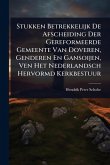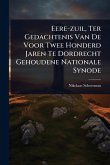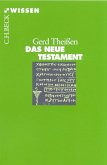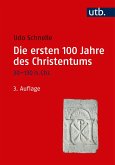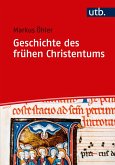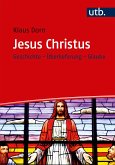A detailed transcription of Johannes Wesselius's sermon, "Intree-reede Van Johannes Wesselius Oover De Verscheydene En Meenigvuldige Uytneemendheid Van Den Apostel Paulus," delivered in Latin at the Groote Kerk in Rotterdam on February 5, 1711. This historical document offers insights into the theological discourse of the period and Wesselius's unique interpretation of Paul the Apostle's life and significance. The work, likely transcribed and/or edited by Daniël Havart, provides a valuable resource for scholars of religious history and Dutch literature, reflecting the intellectual and spiritual climate of the early 18th century Netherlands. The sermon explores the multifaceted excellence of Paul, providing a window into the religious thought and rhetorical style prevalent at the time. This work has been selected by scholars as being culturally important, and is part of the knowledge base of civilization as we know it. This work was reproduced from the original artifact, and remains as true to the original work as possible. Therefore, you will see the original copyright references, library stamps (as most of these works have been housed in our most important libraries around the world), and other notations in the work. This work is in the public domain in the United States of America, and possibly other nations. Within the United States, you may freely copy and distribute this work, as no entity (individual or corporate) has a copyright on the body of the work. As a reproduction of a historical artifact, this work may contain missing or blurred pages, poor pictures, errant marks, etc. Scholars believe, and we concur, that this work is important enough to be preserved, reproduced, and made generally available to the public. We appreciate your support of the preservation process, and thank you for being an important part of keeping this knowledge alive and relevant.
Bitte wählen Sie Ihr Anliegen aus.
Rechnungen
Retourenschein anfordern
Bestellstatus
Storno


